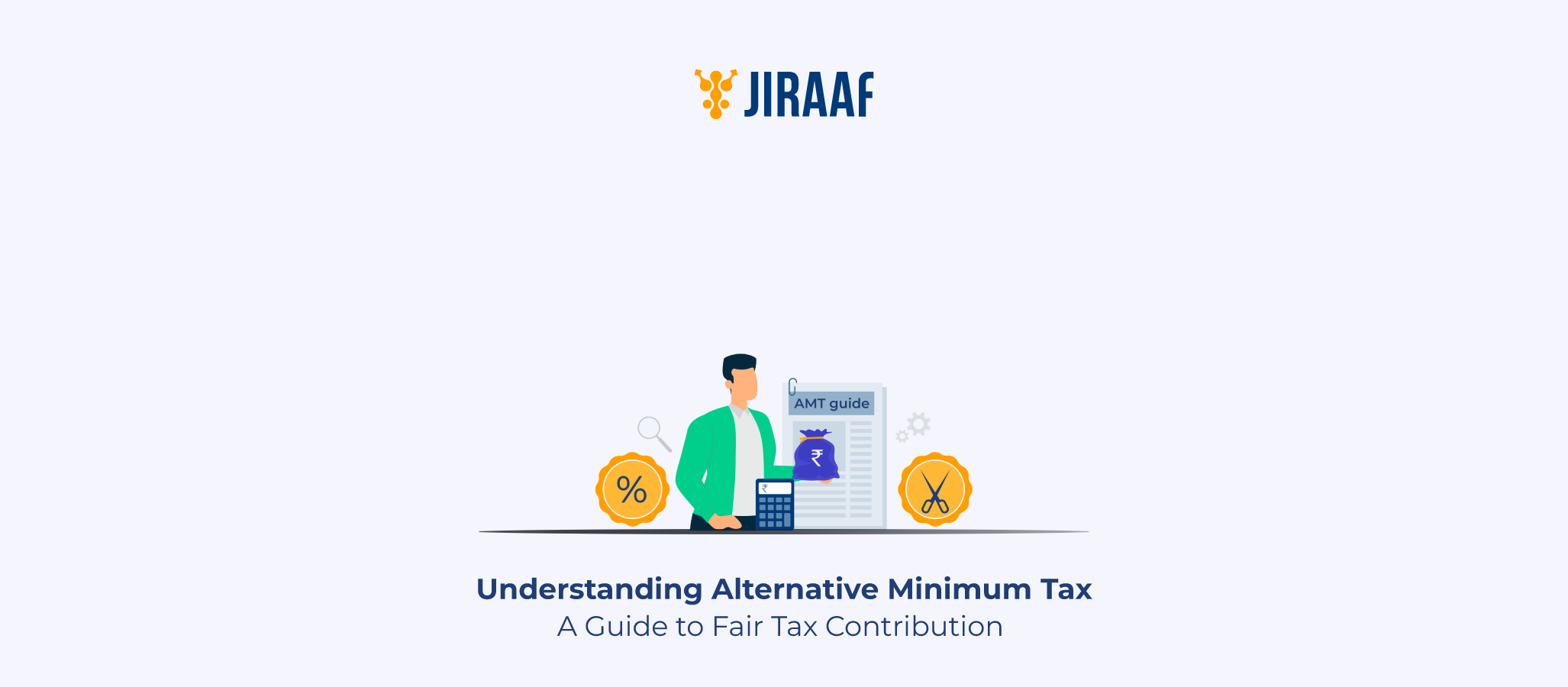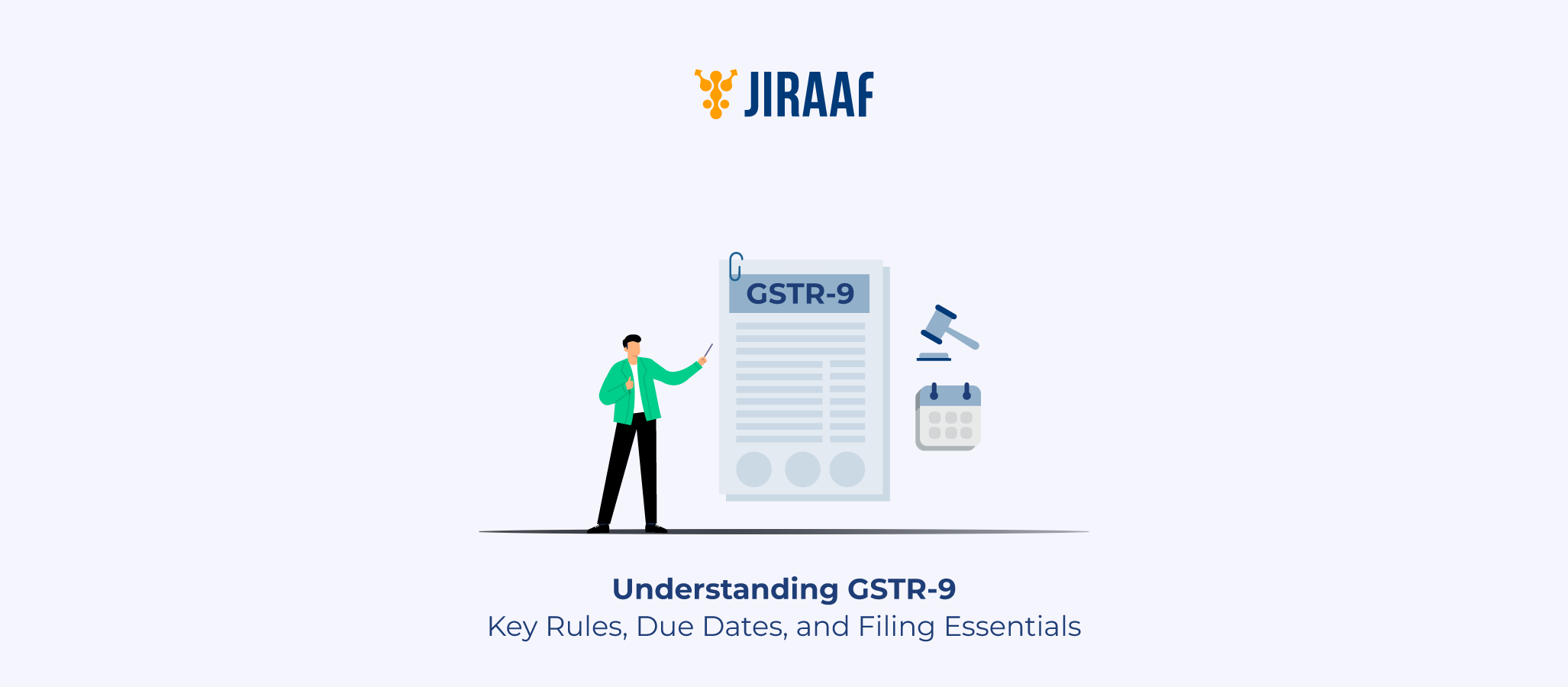If you’re a senior citizen, every rupee of your retirement income matters. And guess what? The tax department agrees with this (at least partially). That’s why Section 80TTB was introduced in the Income Tax Act, offering exclusive tax relief to senior citizens on interest income.
Whether your money is parked in a savings account or you’ve locked it away in a fixed deposit, Section 80TTB can help reduce your taxable income and your tax bill. In this guide, you’ll learn how Section 80TTB works, who can claim it, how it compares with 80TTA, and the exact steps to take to claim the deduction.
Let’s get into it.
What is Section 80TTB of the Income Tax Act?
Section 80TTB was introduced in Budget 2018 and is exclusively meant for resident senior citizens (aged 60 and above). It provides a deduction on the interest earned from deposits with
- Banks
- Co-operative banks
- Post offices
This includes both savings account interest and fixed deposit interest, unlike Section 80TTA, which only covers savings account interest and applies to non-senior citizens.
Eligibility for 80TTB Deduction
To claim a deduction under Section 80TTB, you must:
- Be a resident Indian
- Be 60 years of age or older at any time during the financial year
- Earn interest income from deposits held in banks, cooperative banks, or post offices
Entities that are not eligible:
- Non-resident individuals (NRIs)
- Hindu Undivided Families (HUFs)
- Corporates, partnerships, or firms
What is the Maximum Deduction Limit Under Section 80TTB?
Section 80TTB allows you to deduct up to ₹50,000 from your gross total income. This deduction applies per financial year, and you can claim it even if your total interest income is less than ₹50,000.
For example, if you’re 65 years old and you earned the following interest income
- Savings Account Interest: ₹10,000
- Fixed Deposit Interest: ₹45,000
Total Interest Income: ₹55,000
You can claim ₹50,000 as a deduction under 80TTB, and the remaining ₹5,000 will be taxable.
What Types of Income are Covered Under 80TTB?
You can claim Section 80TTB on the following types of interest income:
| Type of Deposit | Eligible for 80TTB? |
| Savings Account (Bank/PO) | Yes |
| Fixed Deposits (Bank/PO) | Yes |
| Recurring Deposits | Yes |
| Interest from Corporate Bonds | No |
| Interest from PPF/NSC | No (already exempt) |
Note: Even Tax Deducted at Source (TDS) doesn’t affect your ability to claim this deduction. You just need to declare the gross interest income correctly in your ITR.
How to Claim Section 80TTB Deduction in ITR
Here’s how you can claim the 80TTB deduction while filing your ITR:
Step-by-Step Guide
- Calculate your total interest income from savings accounts and fixed deposits.
- Choose the correct ITR form:
- Most salaried pensioners use ITR-1 or ITR-2.
- Report your interest income under “Income from Other Sources”.
- In the deductions section, under Chapter VI-A, select Section 80TTB.
- Enter the amount of deduction claimed (up to ₹50,000).
- Submit the return after verifying the final tax payable/refund due.
Tip: Check Form 26AS or AIS to ensure your bank-reported interest income matches your calculation.
What’s the Difference Between Section 80TTB vs Section 80TTA?
| Feature | Section 80TTB | Section 80TTA |
| Applicable To | Senior Citizens (60+) | Non-Senior Citizens (<60) |
| Max Deduction | ₹50,000 | ₹10,000 |
| Covers Fixed Deposit Interest | Yes | No |
| Covers Savings Account Interest | Yes | Yes |
| Applicable Financial Year | FY 2018–19 onwards | FY 2012–13 onwards |
If you qualify for 80TTB, you cannot claim 80TTA, but you wouldn’t want to anyway, since 80TTB offers a bigger benefit.
Common Mistakes to Avoid While Claiming 80TTB
| Mistake | How to Avoid It |
| Claiming 80TTA instead of 80TTB | Use 80TTB if you are 60+ and a resident individual |
| Not including fixed deposit interest | FD interest is also eligible under 80TTB |
| Misreporting interest income | Cross-check with Form 26AS or AIS |
| Assuming joint account interest is fully claimable | Only the share attributable to the senior citizen is eligible |
| Exceeding the ₹50,000 limit | Cap your deduction to ₹50,000 even if interest is more |
Conclusion: Why 80TTB is a Lifesaver for Senior Citizens
Section 80TTB is a thoughtful benefit for those who rely on interest income during their retirement years. At a time when regular income is limited, every bit of tax saved helps you with more spendable income.
So, if you’re a senior citizen, make sure you’re taking full advantage of this deduction. Cross-check your bank interest, fill your ITR accurately, and save smarter with Section 80TTB.









